Search
Search Results
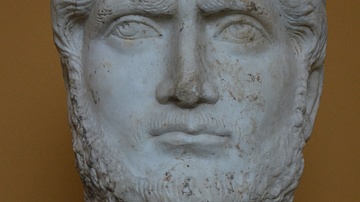
Definition
Gallienus
Gallienus was Roman emperor from 253 to 268 CE. Publius Licinius Egnatius Gallienus, the eldest son of Emperor Valerian, was named co-emperor by his father in 253 CE. He was one of many who would claim the throne over the next two decades...

Definition
Olympia Fulvia Morata
Olympia Fulvia Morata (l. 1526-1555, also given as Olimpia) was an Italian scholar, poet, and writer who sought to advance the Protestant Reformation in Italy. She was considered one of the greatest classical scholars of her time but was...
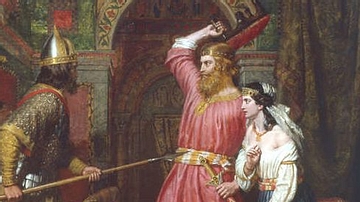
Definition
Alboin
Alboin (r. 560-572 CE) was a king of the Lombards who led his people into Italy and founded the Kingdom of the Lombards which lasted from 568-774 CE. His father was Audoin, King of the Lombards, and his mother Queen Rodelinda. He was most...

Article
A Brief History of Veterinary Medicine
The English word 'veterinarian' as defining one who provides medical care to animals, comes from the Latin verb veheri meaning “to draw” (as in "pull") and was first applied to those who cared for “any animal that works with a yoke” – cattle...
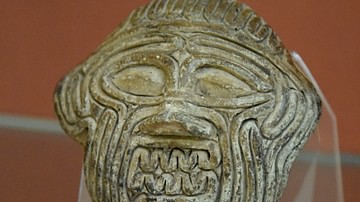
Article
Gilgamesh and Huwawa
Gilgamesh and Huwawa is a Sumerian poem relating the expedition of Gilgamesh and Enkidu to the Cedar Forest and the slaying of the monster-demon Huwawa. The work predates and informs The Epic of Gilgamesh in which the death of the monster...

Article
Plato's Euthyphro: An Overlooked Comedy
Plato's Euthyphro is a Socratic dialogue on the concept of piety whose meaning and purpose continue to be debated. In reading the work only as a serious inquiry into the definition of an abstract concept, however, one is apt to miss the comical...

Definition
Genghis Khan
Genghis Khan (aka Chinggis Khan) was the founder of the Mongol Empire which he ruled from 1206 until his death in 1227. Born Temujin, he acquired the title of Genghis Khan, likely meaning 'universal ruler’, after unifying the Mongol tribes...

Definition
Tang Dynasty
The Tang Dynasty (618-907 CE) was one of the greatest in Imperial Chinese history. It was a golden age of reform and cultural advancement which lay the foundation for policies which are still observed in China today. The second emperor, Taizong...
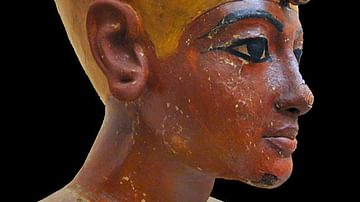
Definition
Tutankhamun
Tutankhamun (also known as Tutankhamen and `King Tut', r. c.1336-c.1327 BCE) is the most famous and instantly recognizable Pharaoh in the modern world. His golden sarcophagus is now a symbol almost synonymous with Egypt. His name means `living...
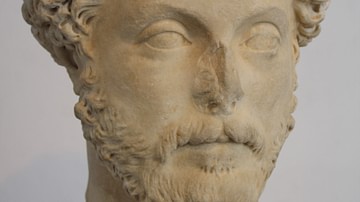
Definition
Marcus Aurelius
Marcus Aurelius (r. 161 to 180 CE) was a Roman emperor best known as the last of the Five Good Emperors of Rome (following Nerva, Trajan, Hadrian, and Antoninus Pius) and as the author of the philosophical work Meditations. Although it has...